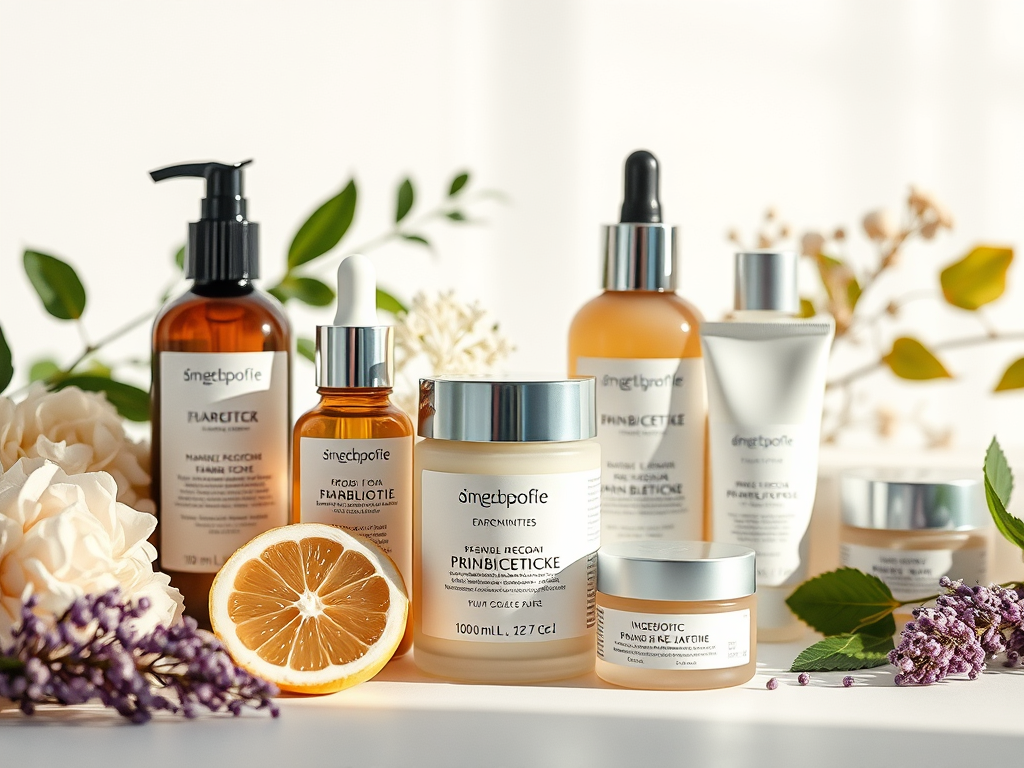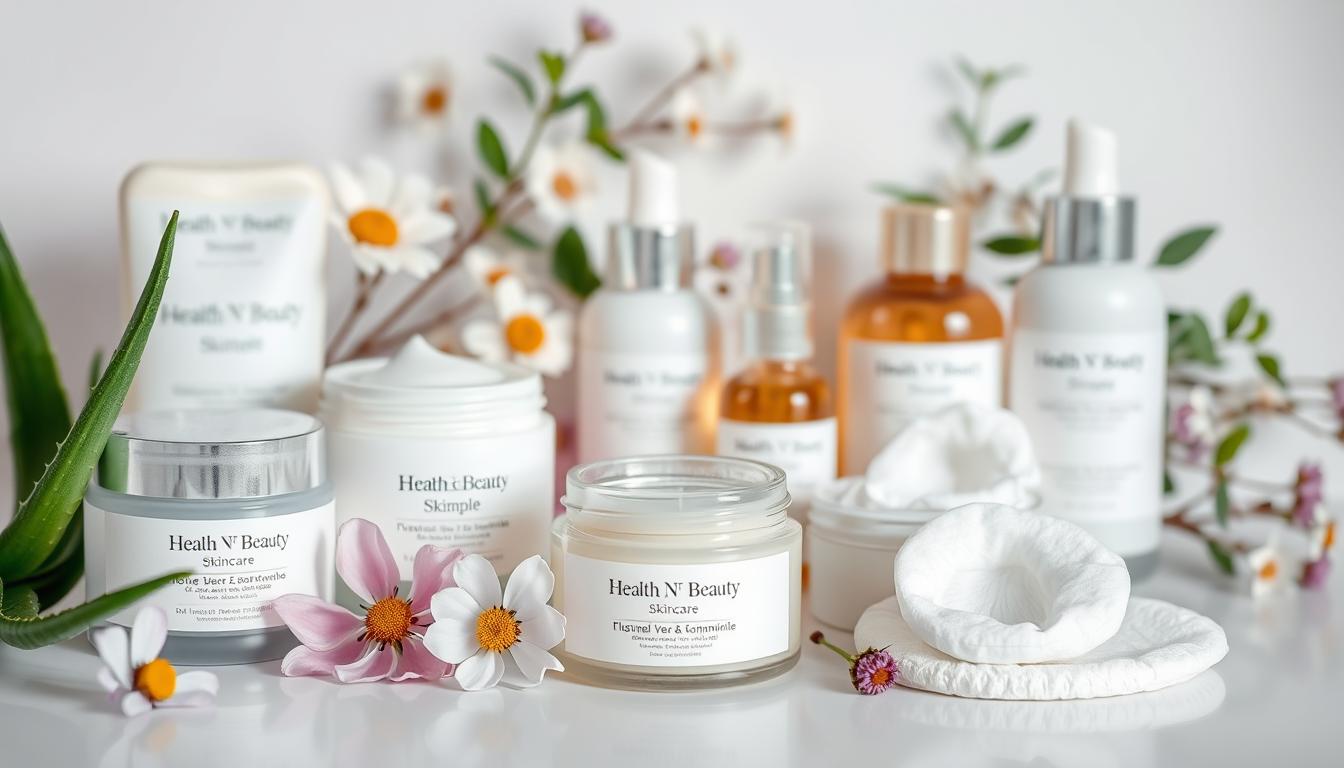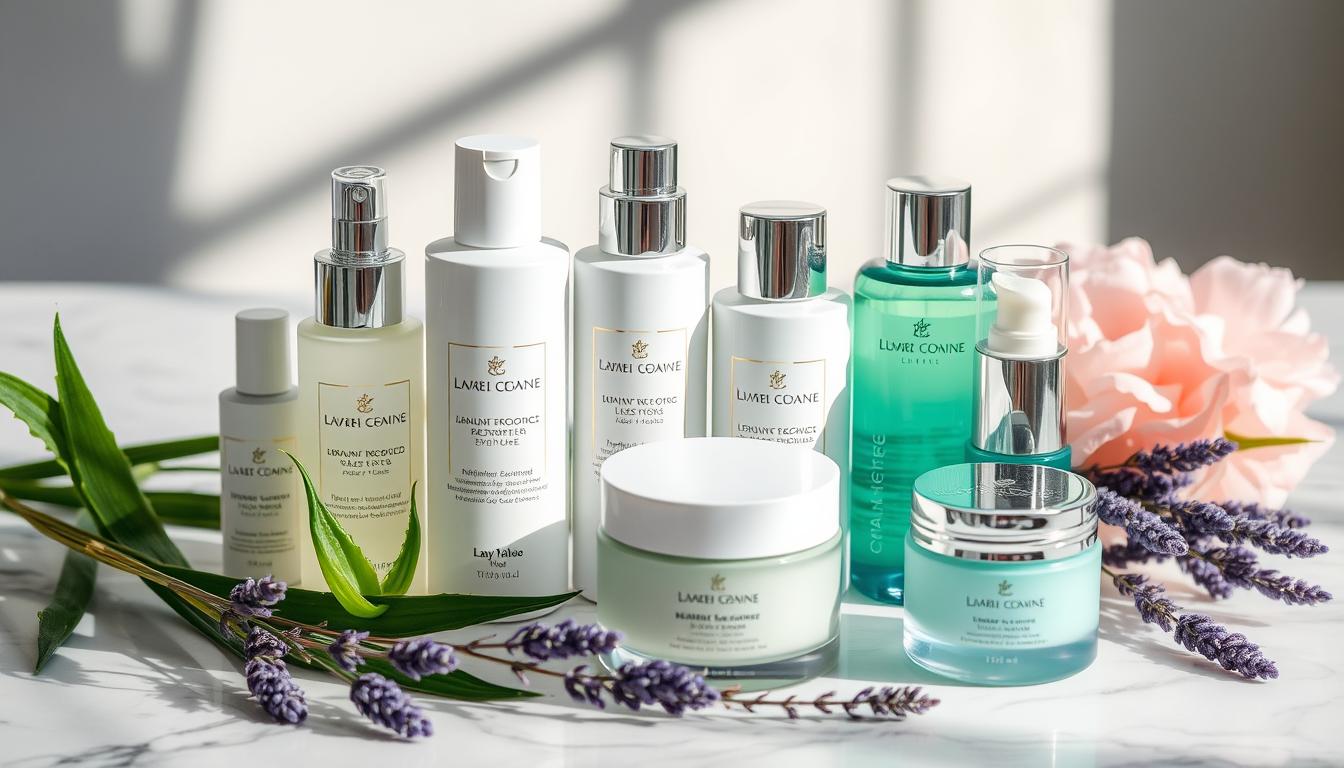In recent years, there has been a shift in the beauty industry from focusing on “perfect” skin to nurturing healthy, resilient skin. At the forefront of this trend is probiotic skincare, a movement centered on promoting a balanced skin microbiome. But what exactly is the skin microbiome, and why is it important for our overall skin health? Let’s dive into this intriguing area of skincare science to discover why more people are reaching for probiotics to achieve a radiant, healthy complexion.
What is the Skin Microbiome?
Our skin microbiome is a complex ecosystem of billions of bacteria, fungi, and other microorganisms that naturally live on our skin’s surface. Far from being harmful, many of these microorganisms are essential allies, working to protect against harmful pathogens, maintain moisture, and support our skin’s immune response.
When our skin microbiome is balanced, it keeps our skin barrier strong, allowing us to fight off environmental aggressors like pollution, UV rays, and irritants. However, factors like stress, pollution, over-cleansing, and harsh skincare products can disrupt this balance, leading to skin issues like acne, dryness, redness, and sensitivity.
The Role of Probiotics in Skincare
Probiotics are live, beneficial bacteria that can support the health of the skin microbiome when applied topically. Similar to how probiotics in foods or supplements promote gut health, these microorganisms help create a favorable environment on the skin. They work by:
- Restoring Balance: Probiotics help balance good and bad bacteria on the skin, reducing the chances of irritation, inflammation, and acne.
- Strengthening the Skin Barrier: By supporting a healthy microbiome, probiotics can help strengthen the skin’s barrier, which is key to keeping moisture in and irritants out.
- Reducing Inflammation: Some probiotic strains have anti-inflammatory effects, which can soothe redness and calm inflamed skin, making them ideal for sensitive or acne-prone skin.
Types of Probiotics in Skincare
Several types of probiotics are commonly found in skincare products. Some of the most popular include:
- Lactobacillus: Known for its calming and hydrating properties, Lactobacillus is often used to soothe irritated skin and restore moisture.
- Bifidobacterium: This strain helps to strengthen the skin’s natural barrier, protecting it from environmental stressors.
- Fermented Ingredients: Fermented rice water, kombucha, and other fermented botanicals also act as natural probiotics, helping balance and hydrate the skin.
These ingredients are generally combined with prebiotics, which act as food for probiotics, ensuring they thrive on the skin and provide maximum benefits.

Benefits of Probiotic Skincare
Here’s a closer look at why more people are turning to probiotic skincare:
- Reduces Acne and Breakouts: By rebalancing the microbiome, probiotics can prevent the overgrowth of acne-causing bacteria, helping reduce breakouts and blackheads.
- Enhances Skin Glow: Healthy bacteria promote a well-balanced skin barrier, leading to a natural, healthy glow.
- Boosts Hydration: Many probiotic products focus on hydration, making them ideal for dry or sensitive skin.
- Calms Sensitivity and Redness: Probiotics can reduce inflammation and calm sensitive skin, making them great for people with rosacea or easily irritated skin.
How to Incorporate Probiotics Into Your Skincare Routine
If you’re looking to try probiotic skincare, here are a few tips:
- Start with a Gentle Cleanser: Use a gentle, non-stripping cleanser that preserves your natural skin barrier. Over-cleansing can disrupt your microbiome, so aim for balance.
- Choose a Probiotic Serum or Moisturizer: Look for serums or moisturizers labeled with probiotics or fermented ingredients. Apply these after cleansing to support your microbiome throughout the day.
- Look for Prebiotics and Postbiotics: These ingredients often work alongside probiotics to create an optimal environment for skin health.
- Be Patient: Changes won’t happen overnight. Like gut health, it can take time for your skin’s microbiome to rebalance and show visible results.
Are Probiotics Right for Every Skin Type?
Probiotic skincare is generally safe and beneficial for most skin types, especially sensitive, dry, and acne-prone skin. However, as with any new skincare product, start slowly and consult with a dermatologist if you have concerns or specific skin conditions.
Final Thoughts: Why the Skin Microbiome Matters
The science of the skin microbiome is transforming the beauty industry, challenging the old narrative of “clean and clear” skin. Instead, it’s shifting focus to nurturing and balancing the skin’s natural ecosystem. Probiotic skincare aligns with this trend, offering a gentle and effective way to achieve healthier, more resilient skin. If you’re interested in a skincare approach that works in harmony with your body, probiotic skincare could be the key to unlocking a glow that’s as balanced as it is beautiful.




At BWER Company, we specialize in weighbridge solutions tailored to Iraq’s diverse industries, ensuring accurate weight management, efficient operations, and compliance with international quality standards.
With a focus on precision and reliability, BWER offers state-of-the-art weighbridge systems to Iraq’s industries, meeting international standards and supporting operational efficiency.
Your writing is so eloquent and polished. It’s clear that you’re a true master of your craft.
I’ve been struggling with this issue for a while now, and your blog post provided some much-needed clarity. Thank you for shedding light on the subject.
Your blog post was like a crash course in [topic]. I feel like I learned more in five minutes than I have in months of studying.
Your passion for this topic is contagious! After reading your blog post, I can’t wait to learn more.
Your blog post was like a breath of fresh air. Thank you for reminding me to slow down and appreciate the beauty of life.
I really appreciate how you took the time to explain this topic in detail. Your thoroughness and clarity made this a great read for someone new to the subject.
Your blog post was a real eye-opener for me. Thank you for challenging my preconceived notions and expanding my worldview.
I love how in-depth this article goes. It’s clear that you’ve put a lot of thought into your research, and the way you’ve explained things is very effective.
I’ve never commented on a blog post before, but I couldn’t resist after reading yours. It was just too good not to!
I was thoroughly impressed by this article. The detailed analysis and straightforward explanations made it easy to understand the intricacies of the subject.
Your blog post was a much-needed dose of inspiration. Thank you for motivating me to chase my dreams.
Your blog post made me see [topic] in a whole new light. Thank you for broadening my perspective.
hiI like your writing so much share we be in contact more approximately your article on AOL I need a specialist in this area to resolve my problem Maybe that is you Looking ahead to see you
Your blog post was the highlight of my day. Thank you for brightening my inbox with your thoughtful insights.
Your blog post was exactly what I needed to hear today. Thank you for the gentle reminder to practice self-care.
you are truly a just right webmaster The site loading speed is incredible It kind of feels that youre doing any distinctive trick In addition The contents are masterwork you have done a great activity in this matter
thank you
Kavurma tam kıvamındaydı, ne çok yağlı ne de kuru. Etin tazeliği hemen fark ediliyor. Yanında gelen pilav ve salata da çok lezzetliydi. Huzur Pide & Kebap kesinlikle Rize’de favori yerim oldu.